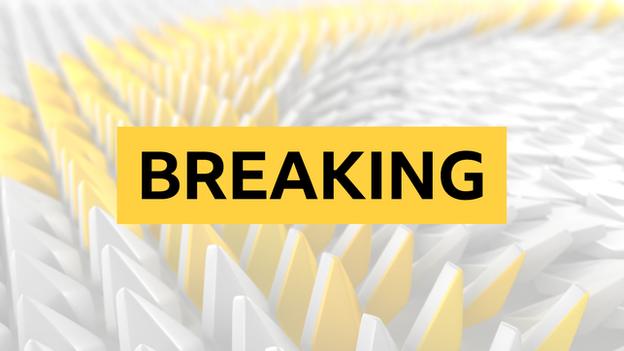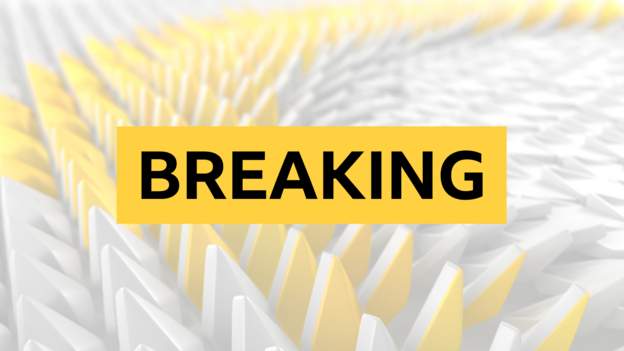
Former British Cycling and Team Sky chief doctor Richard Freeman has been found guilty of ordering banned testosterone in 2011 “knowing or believing” it was to help dope a rider.
A medical tribunal ruled Freeman ordered Testogel with the knowledge “it was to be administered to an athlete to improve their athletic performance”.
He had previously admitted 18 of 22 charges but denied the central charge regarding the purpose of the order.
His hearing will resume on 17 March.
That is when the tribunal will consider if Freeman’s “fitness to practise is impaired”.
During the tribunal, which has lasted for more than two years, Freeman said he was bullied into ordering the drug by former British Cycling and Team Sky performance director Shane Sutton to treat his erectile dysfunction.
Sutton denied those claims, and claimed Freeman was lying. The tribunal ruled Freeman’s claims were an “elaborate falsehood”.
It ruled that the motive for Freeman’s actions was to “conceal his conduct”. Only one charge was found not proved – that he knew the Testogel was not “clinically indicated” for Sutton.
In the tribunal’s written reasons, it said: “In May 2011, Dr Freeman, the team doctor for a team of elite cyclists and a member of the anti-doping working group, ordered a doping ‘drug of choice’ for that sport. Upon its arrival he was dishonest about why it had been sent, removed it from the Velodrome, and it was never seen again. The Tribunal found that Dr Freeman has been dishonest in its regard ever since.”
What is the background?
Freeman, who was simultaneously employed by British Cycling and Team Sky between 2009 and 2015, resigned from British Cycling in October 2017 because of ill health. He had already left Team Sky.
Freeman’s medical tribunal began in November 2019 after he was accused by the General Medical Council (GMC) of ordering 30 sachets of Testogel to the National Cycling Centre in Manchester in May 2011, “knowing or believing” the banned drug was intended to boost an athlete’s performance.
He admitted 18 of 22 charges against him, including initially lying to try to cover up the order, and misleading a UK Anti-Doping (Ukad) investigation.
But Freeman denied the remaining four charges, including the accusation he helped to dope a rider, saying he was bullied into ordering the drug by Sutton.
Freeman failed in his bid to have the four remaining charges thrown out, but the tribunal chair said there was a “case to answer for all outstanding matters”.
The tribunal was then repeatedly adjourned on medical grounds, with his lawyer Mary O’Rourke QC saying Freeman, who has bipolar disorder, was too unwell to attend.
It eventually resumed in October 2020. Giving evidence for the first time, Freeman said he used “a screwdriver or blunt instrument” to destroy a laptop which may have contained medical data crucial to the investigation for fear that information could be hacked.
He told the tribunal he had secretly taken the package of Testogel home on the night it was delivered to the National Cycling Centre and washed it down the sink.
He later claimed he was unaware of testosterone’s performance-enhancing benefits, and insisted the issue of doping had never arisen between himself and former British Cycling medical director Dr Steve Peters.
His cross-examination by GMC QC Simon Jackson lasted for seven weeks.
On 26 November, his tribunal was once again adjourned to resume on 22 January 2021, extending it into a third year. Freeman then requested a further adjournment so that he could help deliver the Covid-19 mass vaccination programme but his request was denied.
Final submissions were completed at a hearing in February. The verdict had been due on 2 March, but was pushed back to 12 March after the Medical Practitioners Tribunal Service said further time was required.
More to follow.
